Thu 28 May 2015 in Policy & Regulation, Crewing & Training, Asia, Europe, General Safety by Philip Woodcock
At the European Wind Energy Association’s Offshore Energy 2015 conference in Copenhagen, the International Marine
Contractors Association (IMCA) held a seminar to introduce changes to the well known Common Marine Inspection
Document (CMID) to the renewable energy industry. In an attempt to improve the quality of audits and to increase the
acceptance by industry, IMCA is introducing voluntary auditor accreditation as part of its upgrade of CMID and the
Marine Inspection for Small Workboats (MISW) audit documents. The changes include increased automation through a
tablet application, revised questions, additional vessel-specific flexibility and accreditation of auditors.
The International Institute of Marine Surveying has been contracted to administer the programme to the specifications
laid down by IMCA. Accreditation will require auditors to meet a general standard of competence as well as vessel and
audit type-specific competencies. No longer will an auditor experienced on large offshore construction vessels be able to
audit small workboats just because they have experience with DP systems. The auditor will have to demonstrate
competence with small workboats and the MISW process to be considered as an accredited auditor.
This process will ensure auditors meet a standard. Their details can be obtained via a central database when a prospective
client is searching for an auditor, and the auditor will be issued with an ID card so as to be able to demonstrate
accreditation when onboard a vessel. There will be a process of ‘grandparenting’ existing auditors into the system, but all
accredited auditors will be required to follow a system of continuing professional development (CPD) to keep their
accreditation valid and to gain accreditation for additional vessel types.
In addition to auditor accreditation, the latest revisions of CMID and the MISW audit documents will improve the
workflow for the auditor and give a more vessel-specific audit. In an effort to encourage all auditors and their clients to
embrace the e-CMID online audit database (www.imcacmid.com), considerable investment has been made in getting the
documents to work on a tablet computer so that the auditor can write the report directly while performing the audit. This
application will also allow the auditor to directly upload photos from the tablet’s camera into the correct positions in the
report. As the shipmanager should have pre-loaded all the general vessel specifics and certificate details, the
administrative burden on the auditor is greatly reduced. This will improve the quality and speed of reporting without any
increase in cost.
The audit documents themselves have also been updated, with CMID now at revision 9 and MISW at revision 3. The new
revisions bring expanded generic question sets as well as new vessel-specific sections. In the CMID, there are now 15
vessel-specific sets of questions so that the audit can be tailored to the type of vessel under inspection. For the MISW,
there are four vessel-specific supplements: diving support vessels, dynamic positioning (DP), anchor-handling tug/supply
(AHTS) vessels and towing. A ‘no’ answer will be the default for a finding, but there will be increased ability to mark
‘not applicable’. If ‘not seen’ is used as an answer, this will create a finding in the auto-generated findings list, which will
encourage auditors not to take shortcuts. There will also be an additional comments or ‘special question’ function that
will allow client-specific questions to be included. This function should help include many windfarm clients who feel that
they need to perform their own specific vessel audits on top of the MISW to meet their own site-specific needs. The
master is also encouraged to comment on the audit and findings, which helps ensure the accuracy of findings and a better
understanding of the audit process.
In the renewable energy industry, one area of conflict that impeded acceptance of the system by clients was that the
shipmanager received the report first, even if the client commissioned the audit. The purpose of CMID/MISW is that the
shipmanager keeps their managed vessels with a report less than 12 months old, which the client will then accept, but
unfortunately, this aspiration is not understood by some in the offshore renewable energy industry who insist on
commissioning their own audits for every vessel. The latest amendments will alleviate these concerns, as the report will
automatically go live on the database after 30 days, even if the shipmanager has not completed a review, and thus confirm
the transparency of the system.
Clients now should be able to fully accept the CMID and MISW audits as the industry standard for the offshore
renewable energy sector as recommended by section 2.2.2 of the G9 publication Good practice guideline – the safe
management of small service vessels used in the offshore wind industry and ensure that, when they contract for an audit to
be completed, it will be vessel type specific and performed by an auditor competent to do so. This can only help in
working towards the goals of improving safety offshore while driving down the cost of energy. OWJ
*Philip Woodcock, operations director, Workships Contractors, as managers for Acta Marine Wind Services



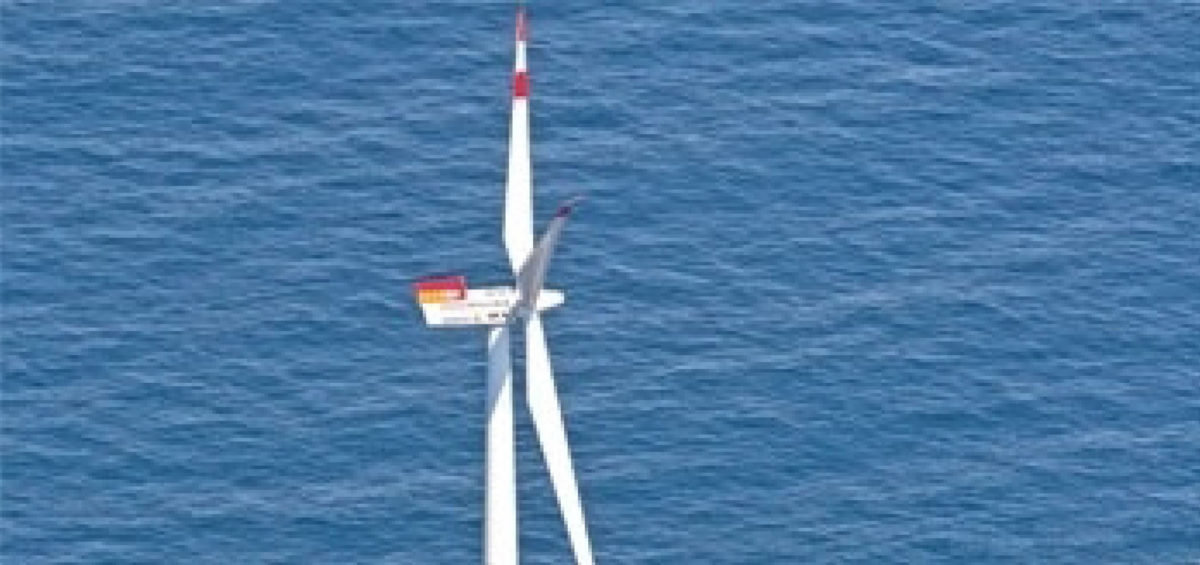
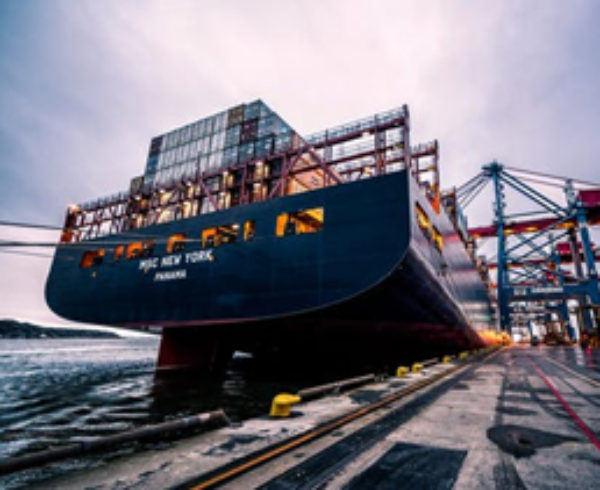
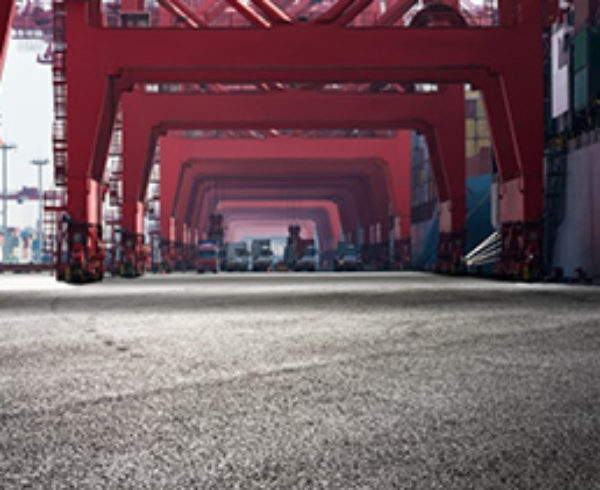
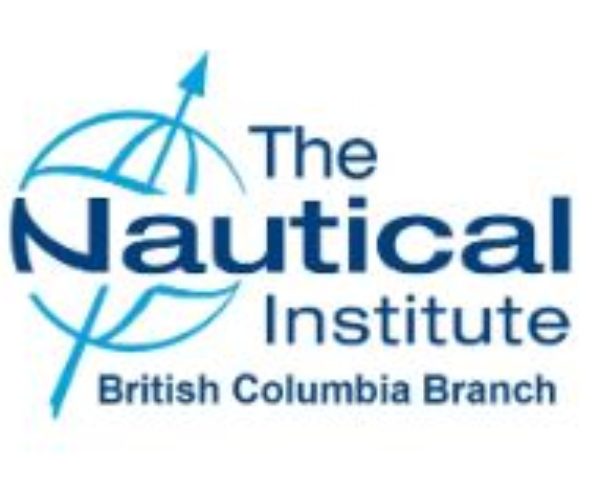
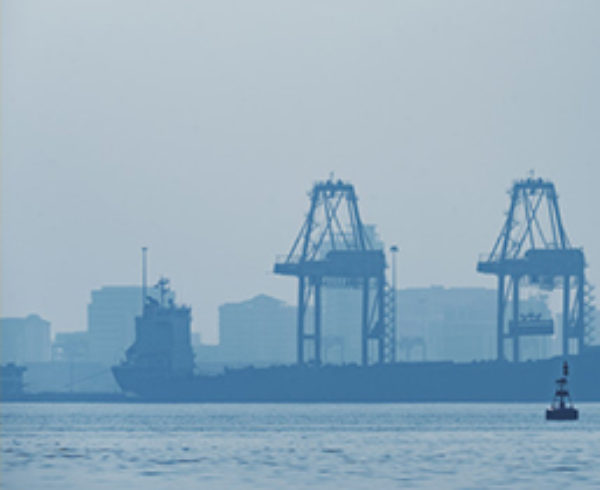

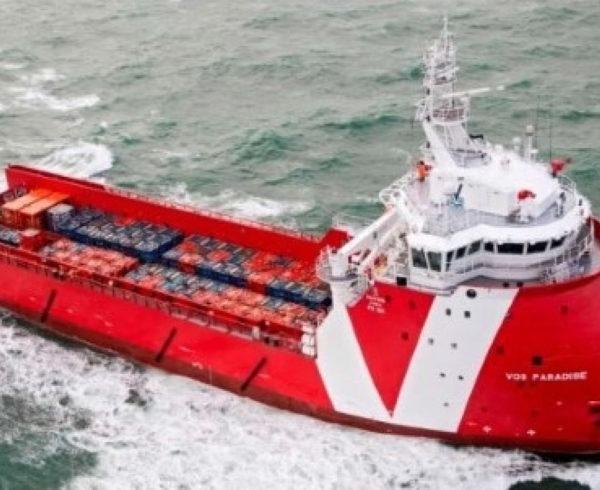
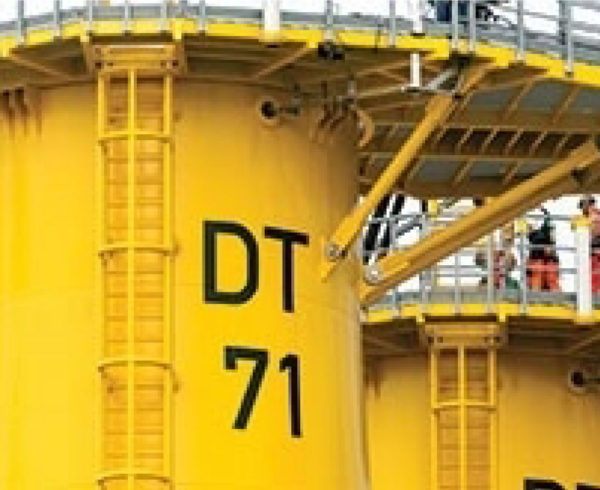


Leave a Comment